Feature
- Artificial Intelligence
Have we entered a new age of AI-enabled scientific discovery?
Some say we’ve entered a new age of AI-enabled scientific discovery. But human insight and creativity still can’t be automated.
-
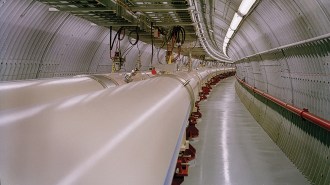 Physics
PhysicsThe only U.S. particle collider shuts down – so a new one may rise
The famed collider at Brookhaven National Laboratory has ended operations, but if all goes to plan, a new collider will rise from its ashes.
-
 Animals
AnimalsAnimals experience joy. Scientists want to measure it
Scientists have long focused on quantifying fear and other negative emotions in animals. Now they’re trying to measure positive feelings — and it’s a challenge.
By Amber Dance -
 Life
LifeThere’s life beneath the snow, but it’s at risk of melting away
An array of animals and plants survive winter in the subnivium, nature’s igloo. But climate change is threatening this hidden seasonal ecosystem.
-
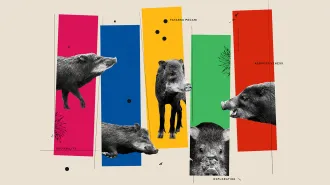 Animals
AnimalsAnimal personalities can play a big role in saving species
From bold foxes to gregarious birds, animals’ personalities are increasingly being seen as crucial to conservation efforts.
-
 Computing
ComputingComputer science can help abuse and trafficking survivors regain safety
Nicola Dell, a computer scientist studying the role of technology in intimate partner violence, cofounded the Center to End Technology Abuse.
-
 Health & Medicine
Health & MedicineHe made beer that’s also a vaccine. Now controversy is brewing
An NIH scientist’s maverick approach reveals legal, ethical, moral, scientific and social challenges to developing potentially life-saving vaccines.
-
 Psychology
PsychologyAs gambling addiction spreads, one scientist’s work reveals timely insights
Psychiatrist Robert Custer spent his life convincing doctors that compulsive gambling was not an impulse control problem. Today, his research is foundational for diagnosis and treatment.
-
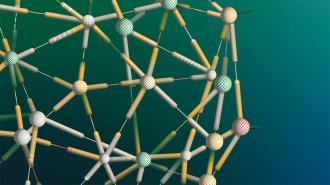 Artificial Intelligence
Artificial IntelligenceA quantum trick helps trim bloated AI models
Machine learning techniques that make use of tensor networks could manipulate data more efficiently and help open the black box of AI models.
-
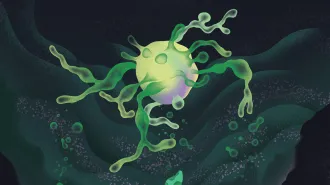 Life
LifeHow these strange cells may explain the origin of complex life
The tiny pantheon known as the Asgard archaea bear traits that hint at how plants, animals and fungi emerged on Earth.
-
 Science & Society
Science & SocietyMeet 5 scientists reshaping the way we understand the world
These five early- and mid-career researchers are shaking up what we know about the Arctic, black holes and beyond.
-
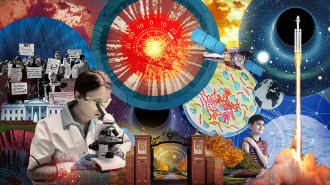 Science & Society
Science & SocietyScience has made America great. Is that era over?
Expectations of continued success for American science were shaken this year when the Trump administration cut billions of dollars in funding and fired thousands of scientists.